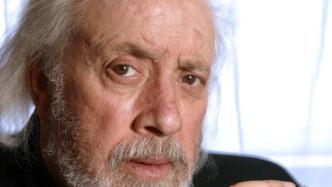
On July 1, local time, Hollywood's gold medal screenwriter Robert Towne passed away at his home in Los Angeles at the age of 89.
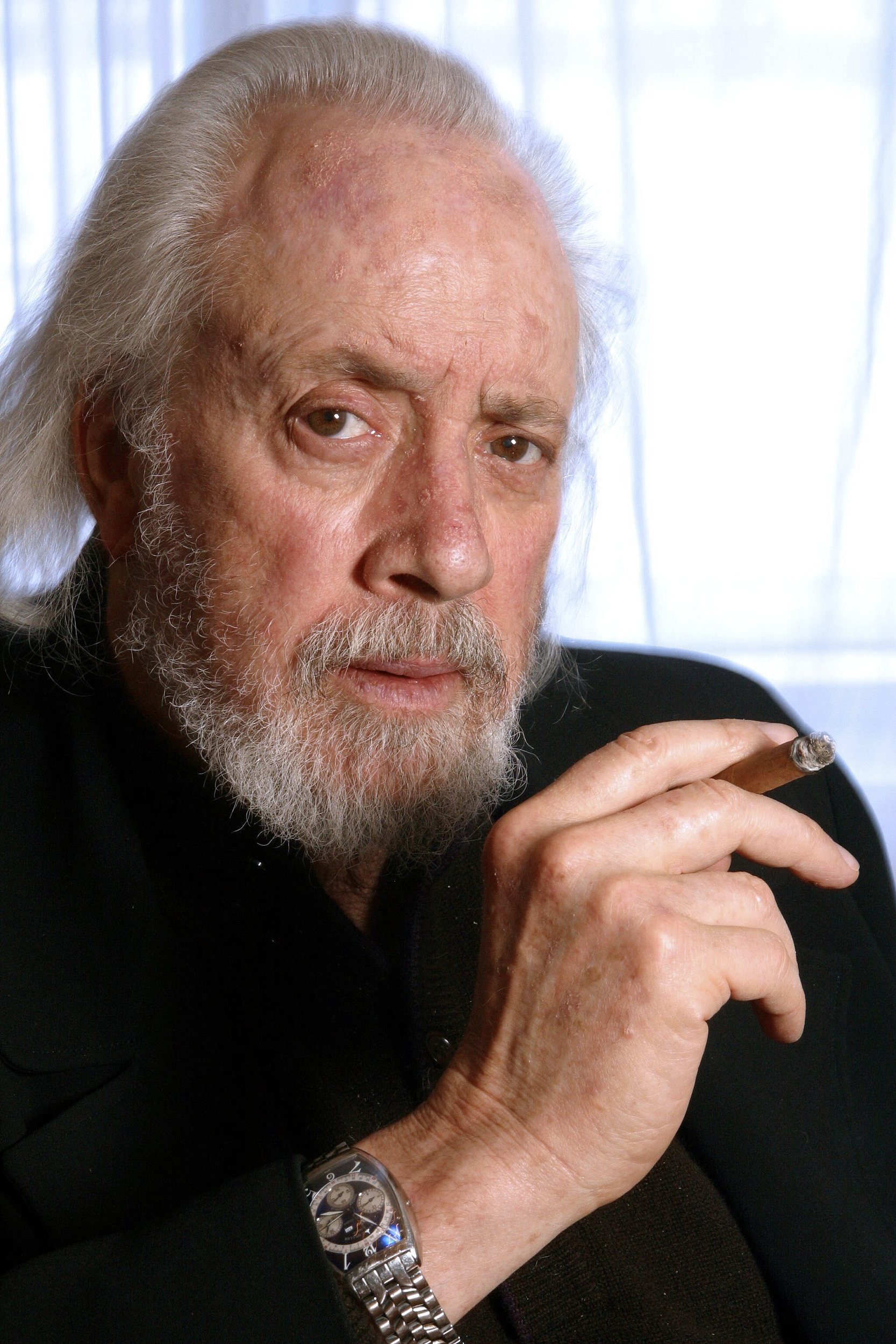
Robert Towne was photographed in Philadelphia, Pennsylvania, USA, on February 13, 2006. Visual China Photo
Twain was a participant in the "New Hollywood" movement in the American film industry in the 1960s and 1970s. Chinatown, which celebrated its 50th anniversary in June this year, is his representative work as a screenwriter. This work won him the 1975 Oscar for Best Original Screenplay, and the line "Forget it, Jack, this is Chinatown..." in the film has become one of the most famous lines in film history.
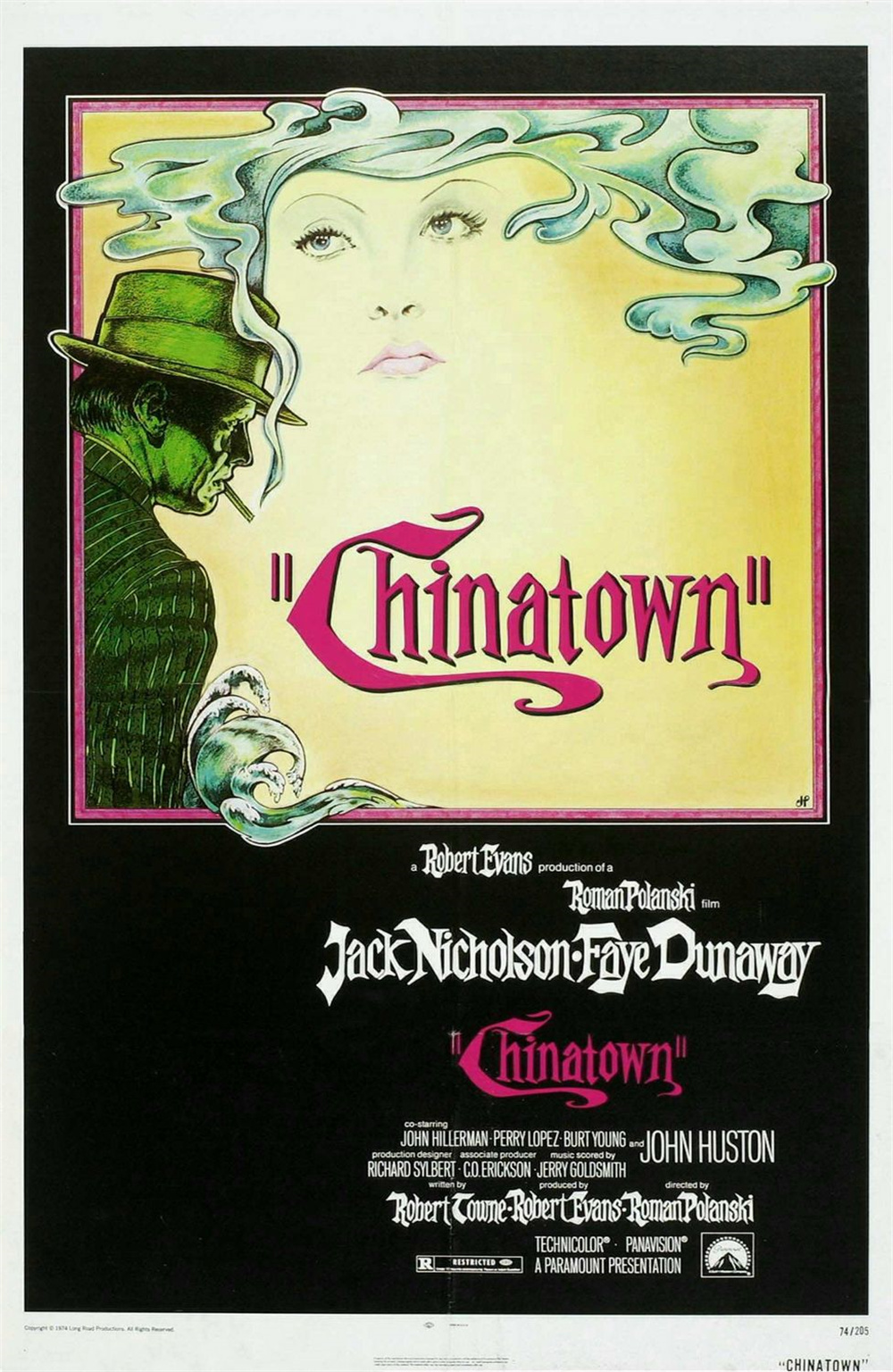
Chinatown poster
Robert Towne was born on November 23, 1934 in a Russian-Jewish family in Los Angeles. After graduating from college, he met Roger Corman, a filmmaker known as the "King of B-Movies" in the United States. Corman, who passed away in May this year, can be regarded as the most important behind-the-scenes promoter of the "New Hollywood" movement. He opened his own film company and let newcomers take on the roles of director, screenwriter, actor, etc. When Martin Scorsese, Francis Ford Coppola, Jonathan Demme, Jack Nicholson and other well-known filmmakers first entered the industry, they all gained experience in his "Whampoa Military Academy", and Robert Towne was one of them.
In 1959, Roger Corman took a fancy to the tax reduction benefits provided by the Puerto Rican government for filming, and led a team to shoot the low-cost science fiction film "The Last Woman on Earth". In order to further reduce costs and increase efficiency, not only did he let newcomer Robert Towne write the script of the film, but he also arranged for Towne to play the role of the second male lead, and he was given a stage name for this.
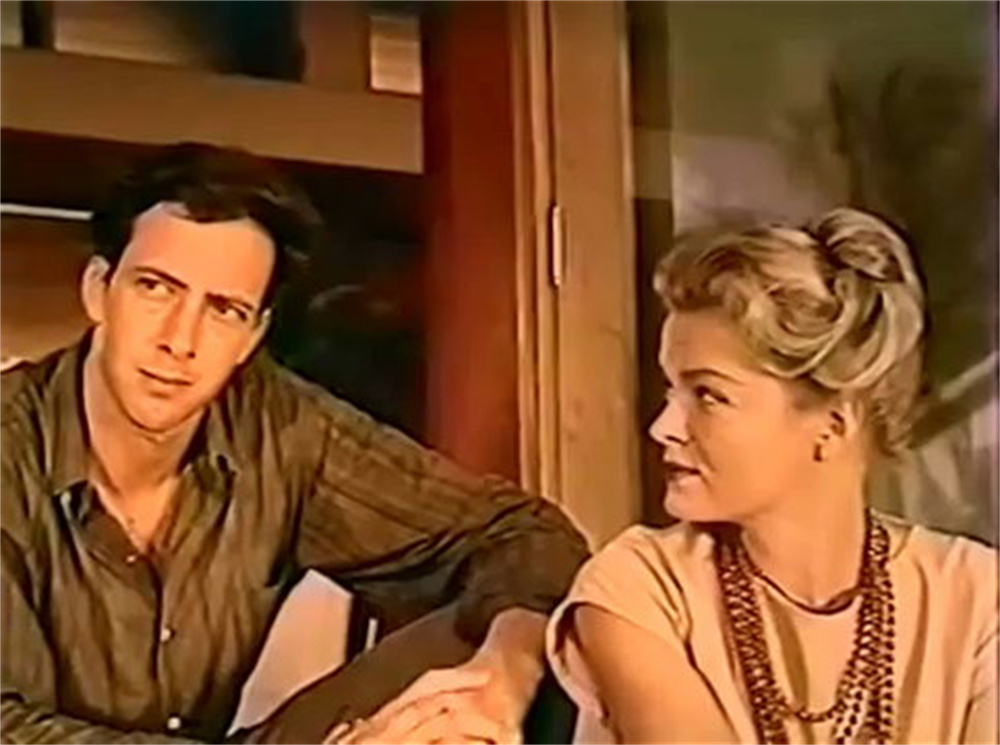
Robert Towne in The Last Woman on Earth
After the film was finished, there was still some film and money left, so Corman used the same crew and shot the monster movie "The Sea of Ghosts" in the local area in just 5 days. This time, Tang En not only played the role of an American agent in the film, but also was responsible for the narration. Interestingly, it was these two acting experiences that made him realize that he was not suitable for the job of being in front of the camera, so he decided to concentrate on being a screenwriter.
In the following years, Don wrote many TV scripts and gradually gained some fame. In 1967, Warren Beatty, who was at the peak of his career, personally served as the producer of "Bonnie and Clyde", which was later regarded as the pioneering work of the "New Hollywood" movement. He found Don and asked him to make some structural adjustments and plot modifications to the original script. At the 1968 Oscars, the film's screenwriters David Newman and Robert Benton were nominated for the Best Original Screenplay, but Don, as a "special consultant", was not on the list. However, his reputation as a "script doctor" has become well-known in the Hollywood industry. Jack Nicholson's "Drive, He Said" and Coppola's "The Godfather" both asked him to help as a "script doctor".
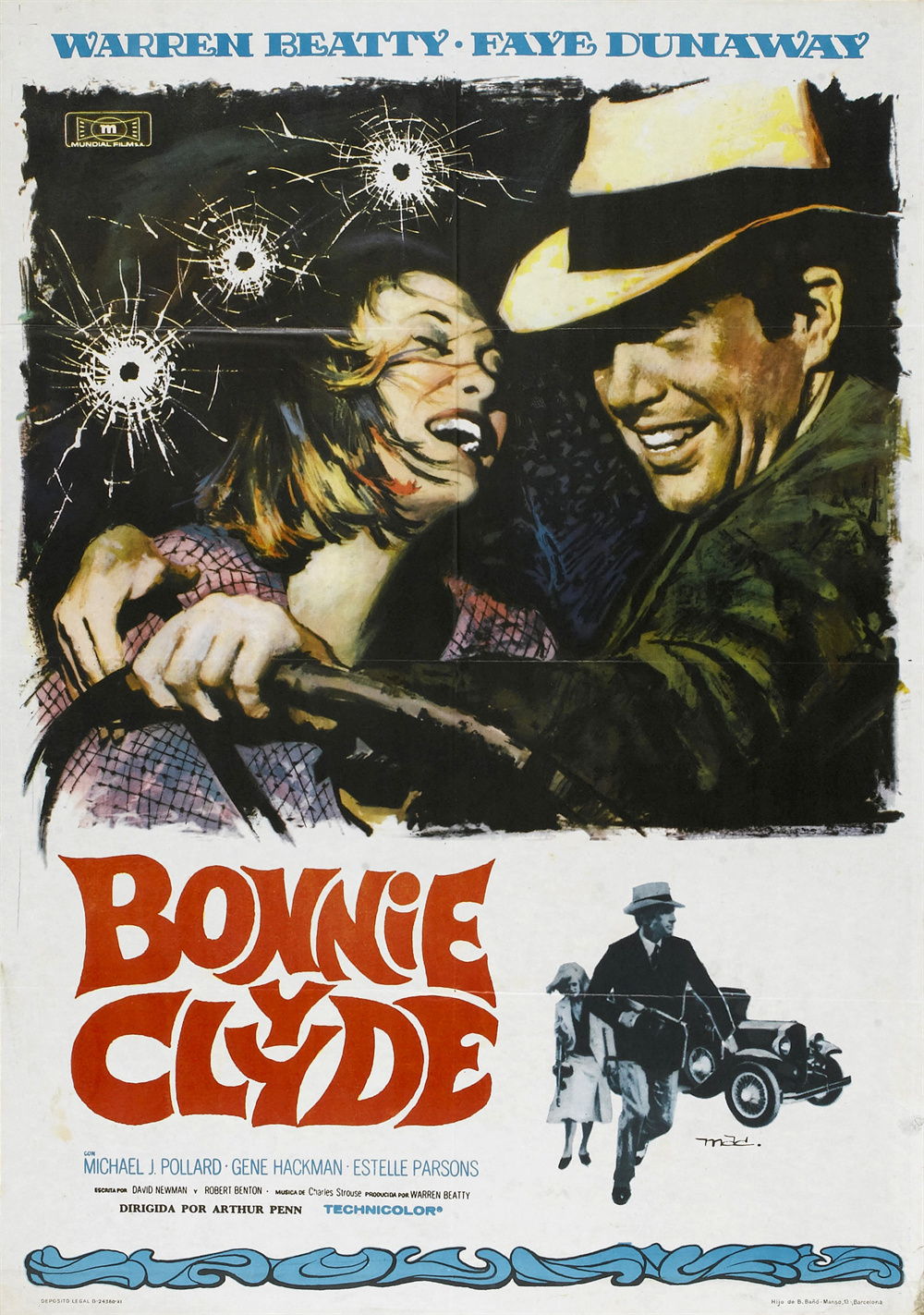
Tang En was the script doctor for Bonnie and Clyde
In 1971, Robert Evans, the head of Paramount at the time, approached Don and offered him $175,000 to adapt the script for The Great Gatsby. However, Don felt that Fitzgerald's original work was really well written and it would be difficult to bring it to the screen, so he declined the offer. He instead asked Evans if he could invest in a script he was writing called Chinatown for a fee of only $25,000, and the latter agreed.
The 180-page script of "Chinatown" is inspired by real people and real events. It revolves around the corruption case of the Los Angeles Municipal Water Engineering Project and depicts a dark world full of corruption, violence, temptation and desire. The film was directed by Roman Polanski, and it became his last film directed in the United States. At the 1975 Academy Awards, "Chinatown", which received 11 nominations, only won one little golden man, which was the Best Original Screenplay Award for Don. In the half century since then, the script of "Chinatown" has received undiminished praise. It was once selected by the Writers Guild of America as the third of the top 100 best scripts in Hollywood, second only to "Casablanca" and "The Godfather".
In addition to Chinatown, Tang En also wrote films of different genres such as Special Assignment (1973), Shampoo (1975), The Master (1974), Thunderbolt (1990), and Mission: Impossible 2 (2000), and served as a "script doctor" for films such as Heaven Can Wait, The Frightening, and Crimson Tide. In the 1980s, he also tried to be a director himself.
However, the film "Personal Best" which he personally supervised and wrote was not a hit after its release, and lost a lot of money, which almost bankrupted Twain. For this reason, he had to sell the script of "Prince Tarzan" which he had already written.
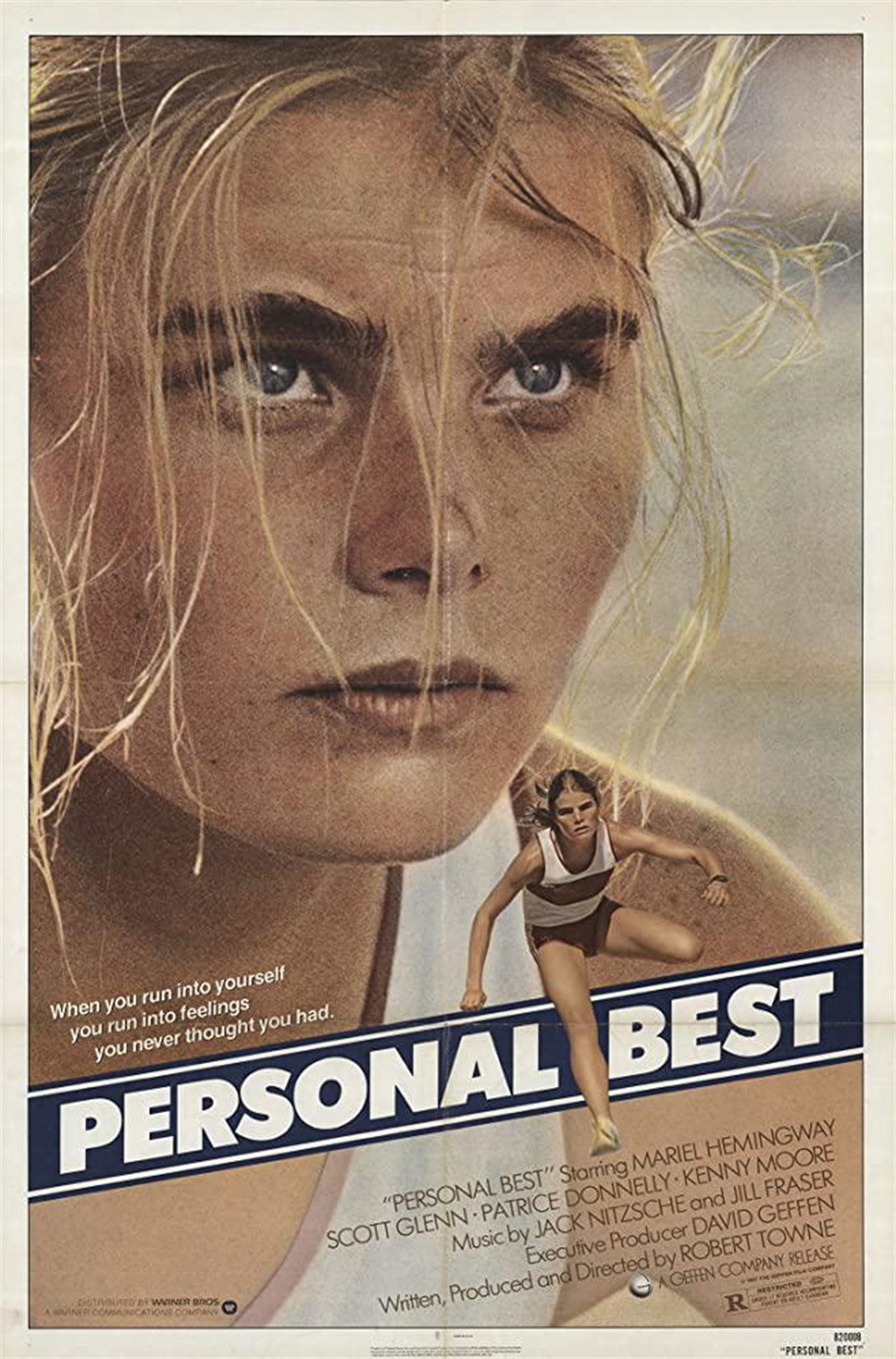
Personal Best, written and directed by Tang En, was well received but not popular
Originally, he wanted to direct "Prince Tarzan" himself, but he could only watch Warner Bros. hand it over to someone else. At the 1985 Oscars, the film was nominated for the Best Adapted Screenplay, but the nominee was not Twain, but a screenwriter named PH Vazak. It turned out that during the filming of the film, Twain had a conflict with the producers, so he simply stated that he would no longer be credited and replaced it with Vazak, which was the name of his border collie.
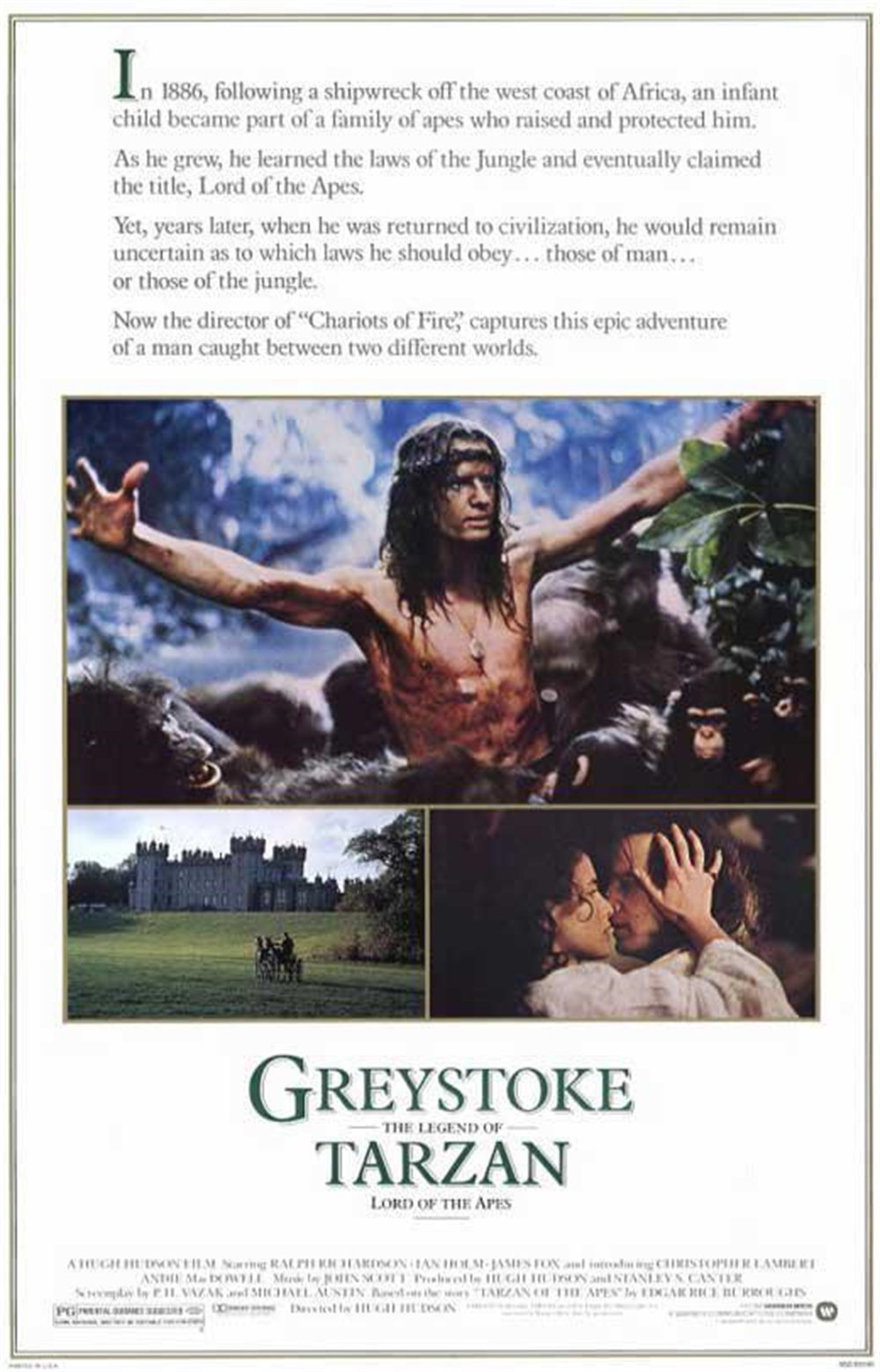
Due to conflicts with the film company, Tang En did not initially include his real name in the cast and crew of "Tarzan".
By the 1990s, Tang En's health was not ideal. Due to lack of energy, he rarely produced masterpieces. However, just last month, he appeared in a media interview to celebrate the 50th anniversary of the release of "Chinatown" and revealed that he planned to work with David Fincher to develop a prequel series of "Chinatown" for Netflix. When talking about whether the charm of movies in the new media era is about to die, the old screenwriter said that he still firmly believes that the audience needs movies and needs to see good stories, but now the audience is more and more knowledgeable and no longer easily fooled, so it also spurs screenwriters to write fascinating stories to win back the audience.